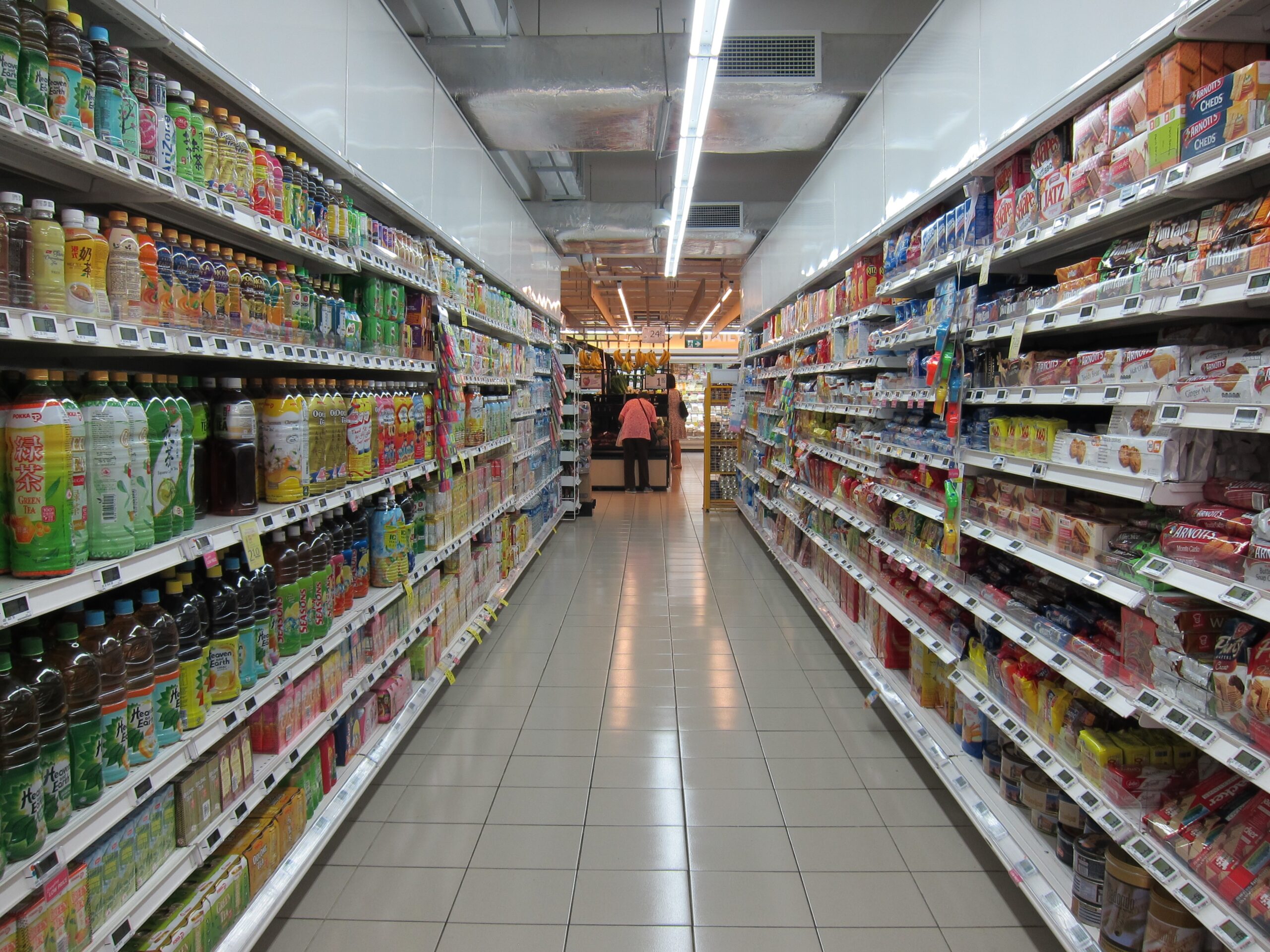

Photo credit: Pixabay
The New Zealand Commerce Commission’s draft report into competition in the retail grocery sector has found that competition is not working well for consumers.
“If competition was more effective, retailers would face stronger pressures to deliver the right prices, quality and range to satisfy a diverse range of consumer preferences,” said commission Chair Anna Rawlings.
In November 2020, the Government asked the commission to look at whether competition in the NZ$22-billion-a-year grocery industry was working well and, if not, what could be done to improve it.
The draft findings are preliminary and subject to consultation prior to its final report being published in late November.
“Our preliminary view is that the core problem is the structure of the market. In competitive terms, the major retailers, Woolworths NZ and Foodstuffs, are a duopoly. And, while there is an increasingly diverse fringe of other grocery retailers, they have a limited impact on competition,” Rawlings stated.
“This is because they are unable to compete with the major grocery retailers on price and product range in order to satisfy the widespread consumer demand for a main shop at a single store.”
During its study the commission observed features of the grocery sector which indicate the market is not working as well as it could be. These include persistently high profits being earned by the major retailers and high grocery prices when compared internationally.
The level of innovation in the sector also appears modest by international standards, the commission observed.
“The major retailers appear to avoid competing strongly with each other, particularly on price,” Rawlings said.
“Meanwhile, competitors wanting to enter the market or expand face significant challenges, including a lack of competitively priced wholesale supply and a lack of suitable sites for large-scale stores.”
Other observations include the complexity of the major retailers’ pricing strategies, promotions and loyalty programmes, which can confuse customers and make it difficult for them to make informed purchasing decisions.
In addition, many suppliers have few alternatives but to supply the major retailers. This allows the retailers to exercise their buying power to push excess risks, costs and uncertainty onto suppliers.
The commission said suppliers reported agreeing to these terms because they feared that otherwise their products may not be stocked.
“Without intervention, we currently see little prospect of a new or expanding rival being able to constrain the major retailers effectively and improve competition in the sector,” cautioned Rawlings.